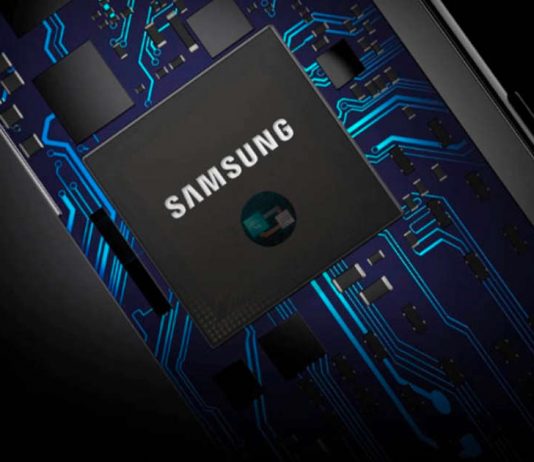Samsung Electronics has announced that it is returning to the race to create advanced processors for smartphones and computers by developing its cores for CPUs that will be used in mobile single-chip platforms. The company intends to reduce its dependence on Arm and plans to compete better with Apple, which uses its developed processors.
The South Korean giant has recently formed an international team to develop advanced processor cores, led by Rahul Tuli, formerly of AMD processor design.
CPUs are key elements of smartphone platforms and other compact devices. For quite some time, Samsung has relied on British Arm cores in its Exynos chips, but the new cores will be in-house development. If Samsung successfully creates its CPU cores, it will positively impact optimizing chips for the company’s devices.
Samsung is also accelerating the development of new generation chipsets, of which CPUs are an integral part, including Galaxy smartphones. At the end of 2022, the company’s System LSI Division and the Mobile Experience (MX) Division organized the AP Solution Development Team to further optimize mobile platforms.
Under the working title Galaxy Chip, it is planned to create a special chip that performs better than existing samples. It is expected that the first version will be presented in 2025. However, since the company has just started developing its cores, the first version of the conditional Galaxy Chip seems to still receive cores on the Arm architecture.
Samsung is also developing a processor for its laptops. The company is creating its Arm-based processor to use in its laptops. The first platform will probably come out under the name Galaxy Chip in 2025, but it will include conventional Cortex cores. Samsung’s CPU will be ready later, approximately by 2027. The corporation is developing a processor with energy-efficient Arm technology, which will have several advantages over the processors currently used in Samsung laptops. Thanks to the new processor, laptops will become more productive and energy efficient, enabling the manufacturer to increase the battery life of devices.
This is not the first time the company has attempted to develop cores on its architecture, and it remains to be seen whether it will succeed this time. Nevertheless, Samsung is determined to expand its presence in the chipset market and reduce its dependence on Arm, which is under threat due to Samsung’s accelerated development of its cores. With the development of its Arm-based processor for laptops, Samsung aims to create more productive and energy-efficient devices with increased battery life.


